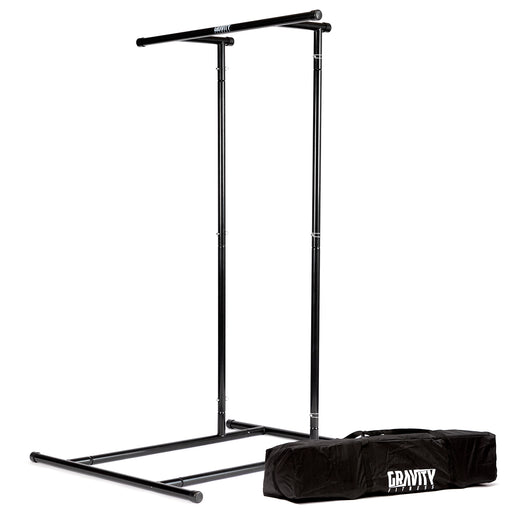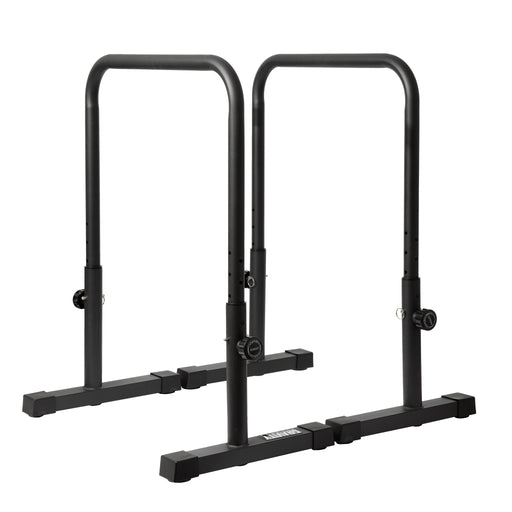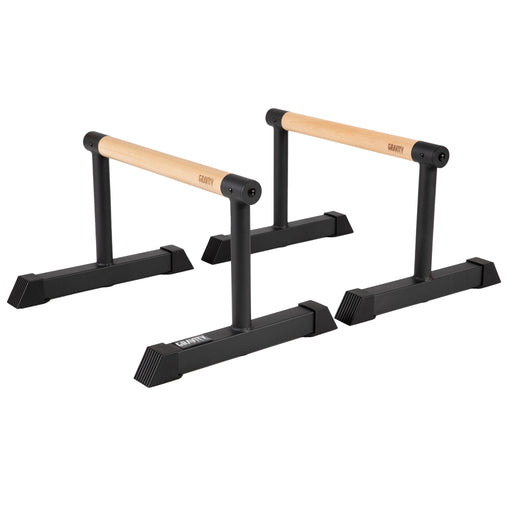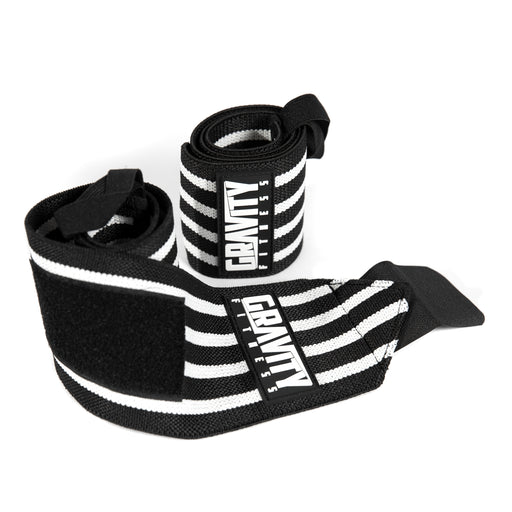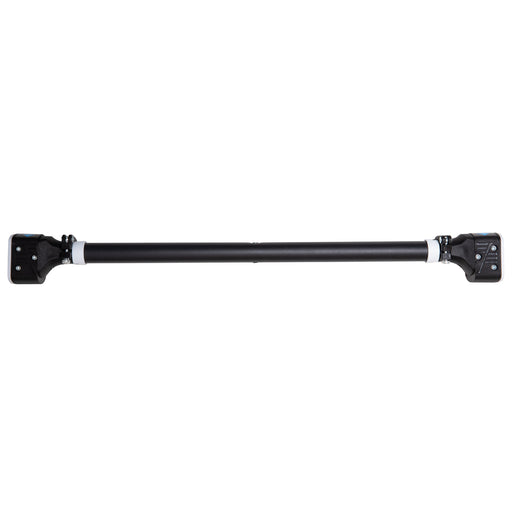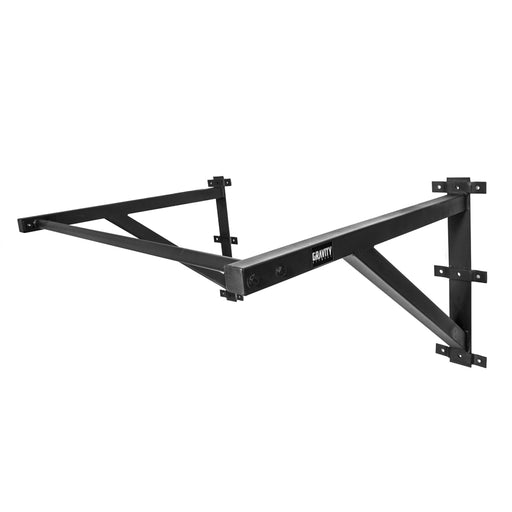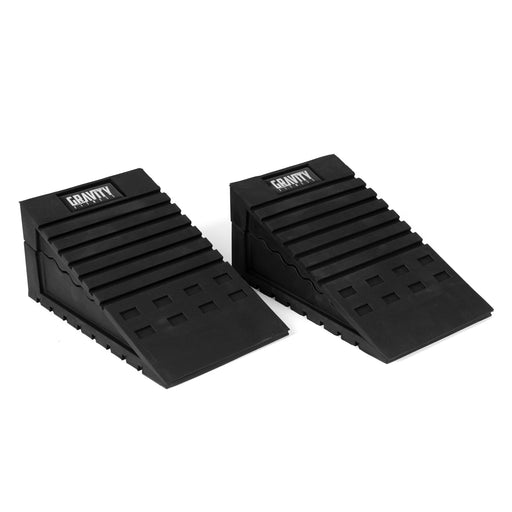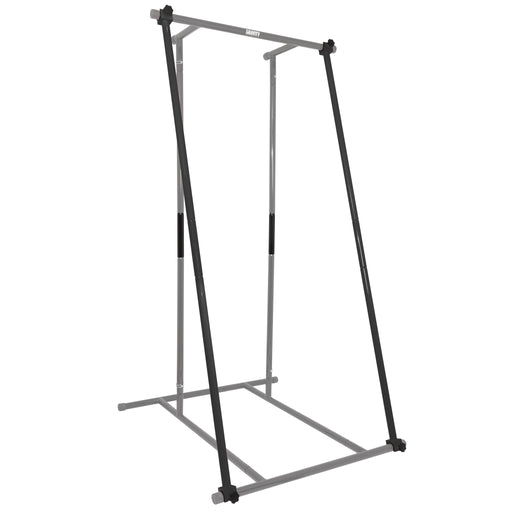
Are you over-training? How to spot the signs and symptoms
Are you over-training? How to spot the signs and symptoms
Anyone who is serious about fitness will overtrain at some point. The trouble starts when you can no longer spot the signs.
What is over-training?
There’s an unfortunate truth about training which is often brushed under the carpet. If you’re the sort of person who’s able to get up early, say no to social events, and push yourself hard in the gym, you’re exactly the sort of personality who is prone to over-doing things.
Type A personalities thrive in many areas of life, including sports performance. But they’re also prone to perfectionism, high standards, and burnout.
Over-reaching is an important part of training and adaptation (1). But over-reaching is a strategic part of a training programme and should be planned in via progressive overload, recovery, and deloads.
Over-training happens when you exceed your body’s ability to recover from training. The tipping point will be different for everyone (and will be different for you at various stages of life, depending on other stressors).
5 factors that might affect training tolerance
Part of being a human is adapting to the changes life throws your way. Try not to feel frustrated if you can’t currently deal with the level of training you enjoyed 5 years ago. Plenty of factors might have changed!
Age – youth doesn’t necessarily translate into better recovery, but getting older often brings health challenges, hormonal changes, and lifestyle changes including work stress or kids.
Health – if your health is compromised in any way (short term, long term, acute or chronic) you must appreciate the impact this will have on recovery
Stress – don’t underestimate the impact life stresses will have on your ability to recover. Work, relationship, home and “world” stress can put you in a compromised position for training.
Sleep – if you’re sleep is sub-optimal, you won’t be able to recover properly. This could be due to age, health, or stress, which just shows how all of these factors can intertwine.
Nutrition – it’s pretty obvious that nutrition and hydration have a big impact on training performance and recovery, but many of us let bad habits creep in.
Over-training or under-recovering?
Over-training and under-recovering are basically the same thing. Over-training is defined by training at a level you can’t recover from. But it’s useful to look at both terms.
Over-training puts the focus on how much training you’re doing, and encourages you to scale back or deload until you feel recovered.
Under-recovering asks you to look at your all-round recovery strategies (sleep, nutrition, stress management, work, relationships), so you can identify why you’re unable to recover.
9 signs you may be over-training
- Loss of appetite and not eating enough
- Over-eating or an inability to feel full
- Sleeping more than usual (but still feeling exhausted)
- Disruptions in sleep patterns or sleep quality
- Muscle soreness or minor strains that won’t go away
- Injury from training or from something in daily life
- Irritability, low mood, mild depression
- High heart rate or heart palpitations
- Decline in training performance
What to do when you’re burned out from training
The first step to tackling over-training is admitting it, and being OK with taking a step back. Continuing to push hard will only make things worse. Revisit your health, sleep, stress and nutrition and make the necessary changes. (2)
Then take some time off. This might mean a complete rest, or switching to lower-level training. Many people find switching to something different like daily walks or yoga helps tick the “I’m moving my body” box without adding stress.
Long-term strategies for serial over-trainers
There’s been lots of research into Over Training Syndrome (OTS), including this excellent review published in Sports Health in 2012. Here are some of the best strategies for chronic over-trainers. (3)
Periodise your training. Whether you have a PT/coach or plan your own training, your programme should include periodisation, rest days, and recovery blocks. This can be a challenge if you train with a club or a CrossFit box. You will need to be strict with yourself and avoid doing every session!
Adjust training volume and intensity in line with your energy levels. Start checking in with yourself every day to assess your mood and energy levels on a scale 1-10, and be prepared to adjust training when you know you’re not feeling great
Make sure you’re eating enough for the type of training you do. This goes for calories and macros, including carbohydrates (which will really help your recovery).
Drink more water and get enough sleep. If you’re chronically over-trained, it’s time to get serious about the basics. Training won’t be the only area of life to benefit from this!
Make sure you’re getting at least 12 hours between training sessions, and schedule in at least one full rest day a week.
Be more aware of other stresses in your life and take steps to manage them. Stress is a huge drain on your energy and general robustness.
1 https://pubmed.ncbi.nlm.nih.gov/15571428/



